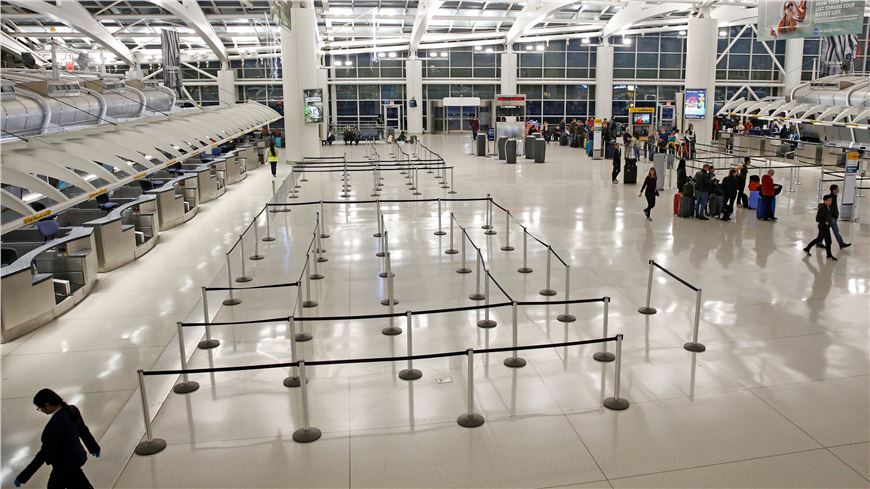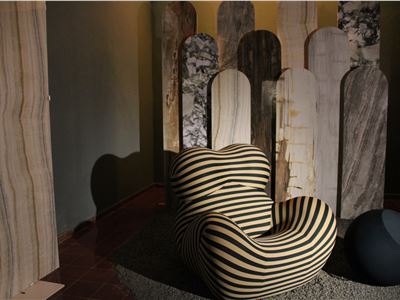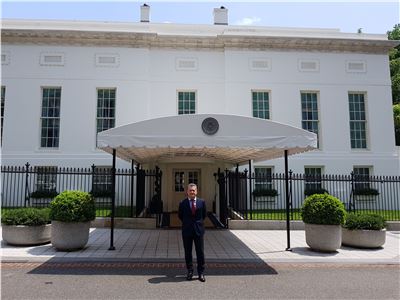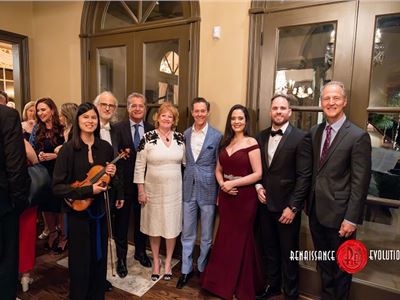ravel bans meant to stop coronavirus from getting to the US from China came too late, according to a new analysis of cases from the US Centers for Disease Control and Prevention.
The US restricted travel from China on February 2 and from Europe March 13, but by March 8, Covid-19 was already circulating among the community in New York City, and by March 15, community transmission was already widespread, the analysis found.
What was circulating most closely matched the strain of the virus circulating in Europe, not China.
This study looked at data collected by the New York Department of Health and Mental Hygiene between March 1-20. It was early in the pandemic. It was only on March 8 that the department had announced that there was sustained community transmission.
The department examined specimens taken from people who went to the emergency room with flu-like symptoms. Of the 544 specimens tested, 36, or 6.6%, were positive for novel coronavirus.
Doing additional genetic sequencing of the samples, the strain of the virus more closely resembled the one circulating in Europe, rather than the one circulating in China. That means that the novel coronavirus was likely introduced to New York through Europe or by travelers from other US locations, the report said.
By the time the Trump administration had placed travel restrictions on Europe the importation of the virus and the community spread of the disease had already started in New York City, according to the report. Testing was limited at the start of the epidemic in New York City and that added to a number of cases going undetected that added to the spread of Covid-19.
- Tags: Covid-19
- Categories: Life & Style Politics








































